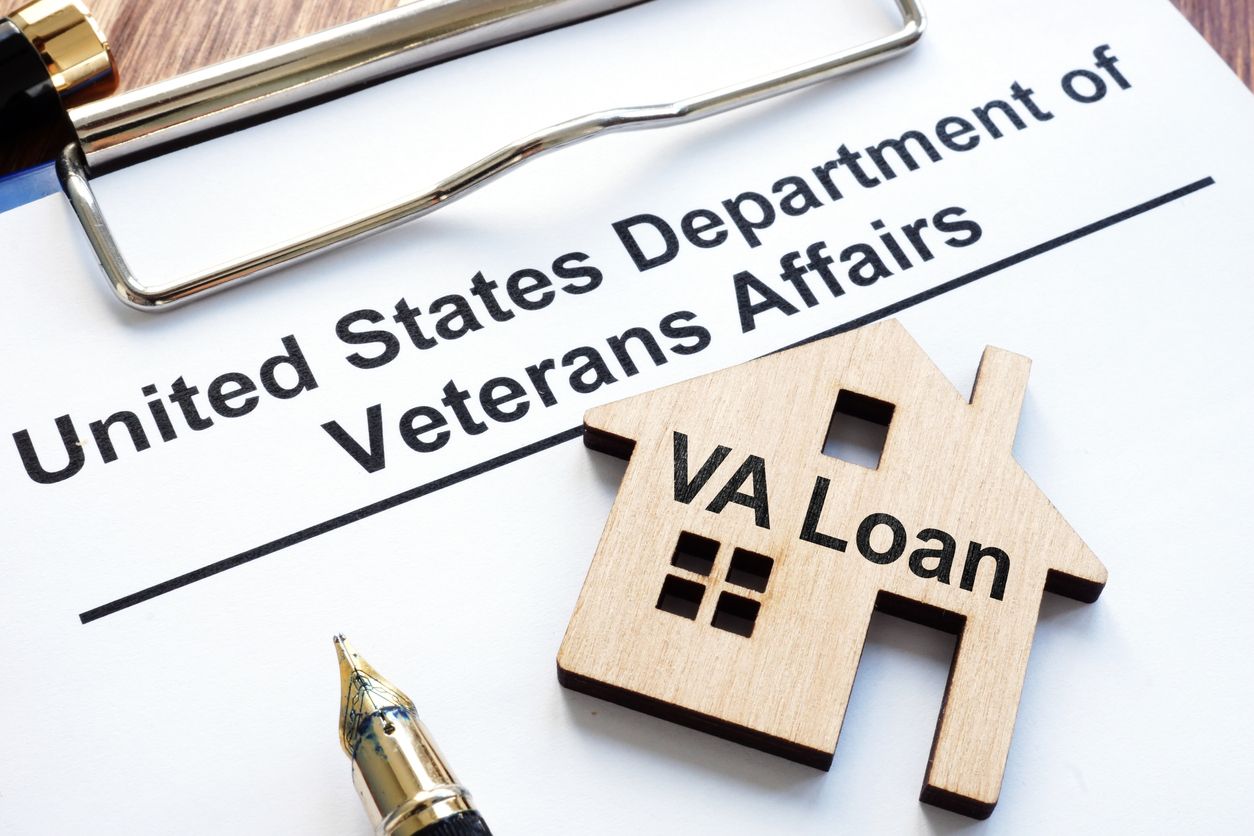Homeowners Associations

In many housing markets, homeowners associations (HOAs) and other community associations can be a part of the homebuying (and owning) experience. Here’s what prospective buyers should know:
What are HOAs?
HOAs are organizations in residential communities that create and enforce rules for the properties and residents within their purview. HOAs can offer residents access to shared spaces and facilities, such as pools or clubhouses, and act as governing boards to help maintain these common areas. While HOAs are often associated with master-planned neighborhoods or gated communities of single-family homes, community associations can also include some shared properties with individual units such as townhouses and condos.
What are HOA fees and special assessments?
Homeowners in HOA communities are required to pay monthly fees (sometimes paid quarterly or annually). These may be used to cover the cost of landscaping, routine maintenance, neighborhood upkeep, shared amenities and common areas, and other operational expenses—including contributing to reserves to plan for and fund longer-term improvements or unplanned costs. HOAs may also collect special assessments for costs such as emergency maintenance needs or other major projects that reserves are unable to cover. As such, prospective homeowners should consider HOA costs when budgeting and preparing for homeownership.
Who runs HOAs?
Most HOAs are non-profits run by volunteer boards. Volunteering for the HOA in your neighborhood or building can provide better insight into how your HOA is run, allowing you to participate in important community decisions. HOAs have bylaws that guide how they function, including election rules, board member responsibilities, and meeting protocols.
What kinds of rules can HOAs enforce?
In addition to bylaws, HOAs have covenants, conditions, and restrictions (CC&Rs) and rules and regulations to help maintain uniformity and protect real estate prices. These can vary significantly, but may cover things such as landscaping, noise, parking, pets, home exteriors (including decorations), property modifications, and common area policies. That said, there are limitations to HOA rule enforcement; specifically, HOAs cannot enforce rules that conflict with local, state, or federal law.
Do condo associations differ from HOAs?
Condos, or condominiums, are a type of building or complex that can have HOAs or condo associations. A key difference between single-family homes in HOA communities and condos is the ownership structure. Typically, condo buyers purchase the units they live in and an ownership interest in the building’s common areas; in contrast, owners of individual properties in an HOA community own their property and lot, but common areas are owned by the HOA itself. However, exact ownership structures can vary.
What are co-ops?
Co-ops, or cooperative housing, are a type of shared ownership arrangement that only exists in certain states. Unlike condos, people living in a co-op own shares in the entire complex and have a proprietary lease on a specific apartment. Interested buyers must apply and be approved by the co-op board, which is made up of other residents.
What are the benefits and drawbacks of HOAs?
Many prospective buyers are drawn to the amenities, enhanced security measures, and maintenance support that HOAs can offer. However, the added costs of HOA fees and special assessments can be a financial burden for some buyers, and others may be concerned about potentially restrictive regulations. Your real estate agent can help you determine if an HOA community is right for you based on your needs and preferences.
Source: NAR - Consumer Guide: Homeowners Associations










